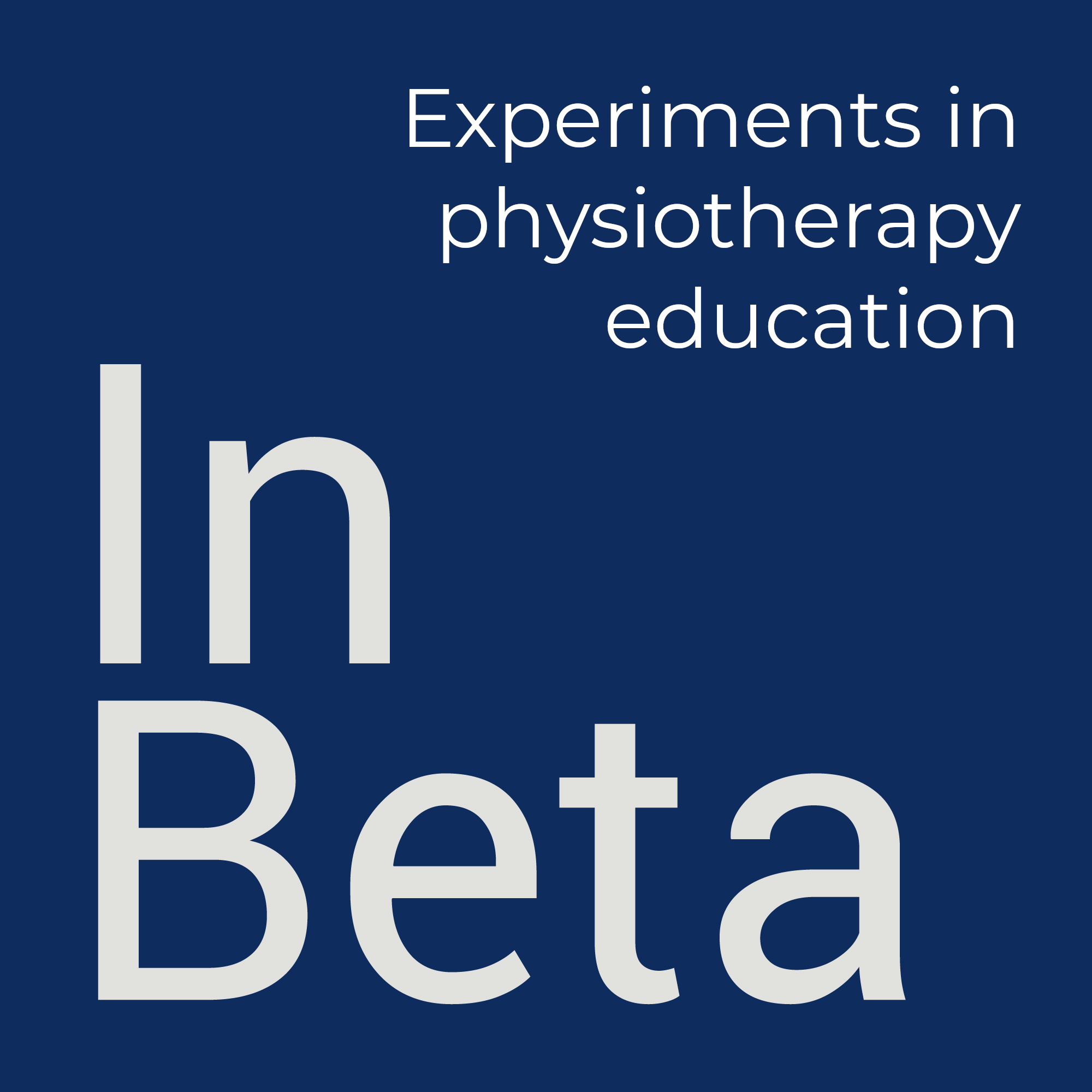Home » artificial intelligence
In this episode, we explore Blended Intensive Programmes (BIPs), an innovative approach to student and staff mobility in physiotherapy education. These short-term, intensive courses combine physical mobility with virtual learning, fostering international collaboration. We talk about how BIPs enhance cross-cultural understanding, promote idea exchange, and offer flexible mobility options for students and staff in physiotherapy education and beyond.
In this conversation Leanne Wiles and Dean Walker discuss how they used generative AI tools like Claude and ChatGPT to simulate patient interactions for students in physiotherapy education, enhancing their communication and reasoning skills. Students interacted with AI personas portraying diverse health scenarios. The practice proved immersive and effective, displaying significant potential for flexible educational approaches in challenging healthcare communications.
In this episode, Joost van Wijchen and Michael discuss the integration of digital technologies in physiotherapy education and practice. They explore dynamic knowledge, technology’s transformative role in education, and the importance of interdisciplinary collaboration, emphasising networked and collaborative learning. The conversation also explores the complex processes of knowledge creation and integration in the digital era.
Friends don’t let friends co-author with ChatGPT. Gary Marcus Introduction Note (06 March 2024): It’s worth noting – a year after this post was published – that it was very much capturing a snapshot in time. Language models have advanced significantly since I first wrote about them here. f your feed has been anything like…
I think we can trust artificial intelligence in learning, but not artificial intelligence managed by Silicon Valley corporations in learning. Stephen Downes Introduction If you consider that some elements of AI are already widespread in education (for example, online search, recommendation engines, and autocorrect), then it’s not far-fetched to take seriously the question of what…
Everything works somewhere, nothing works everywhere. Dylan Wiliams Podcast Wills, S. (2013). Peter Brantley on annotating the web. The Scholarly Kitchen Podcast. Peter Brantley, the director of scholarly communication at the start-up Hypothes.is, talks about the firm’s efforts to build an open annotation layer on the Web, his thoughts on how in-line annotation differs, in…



